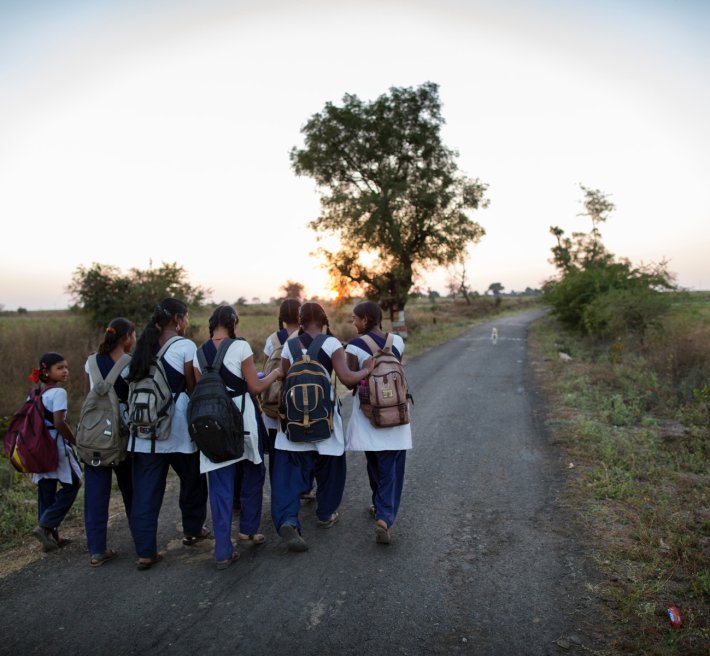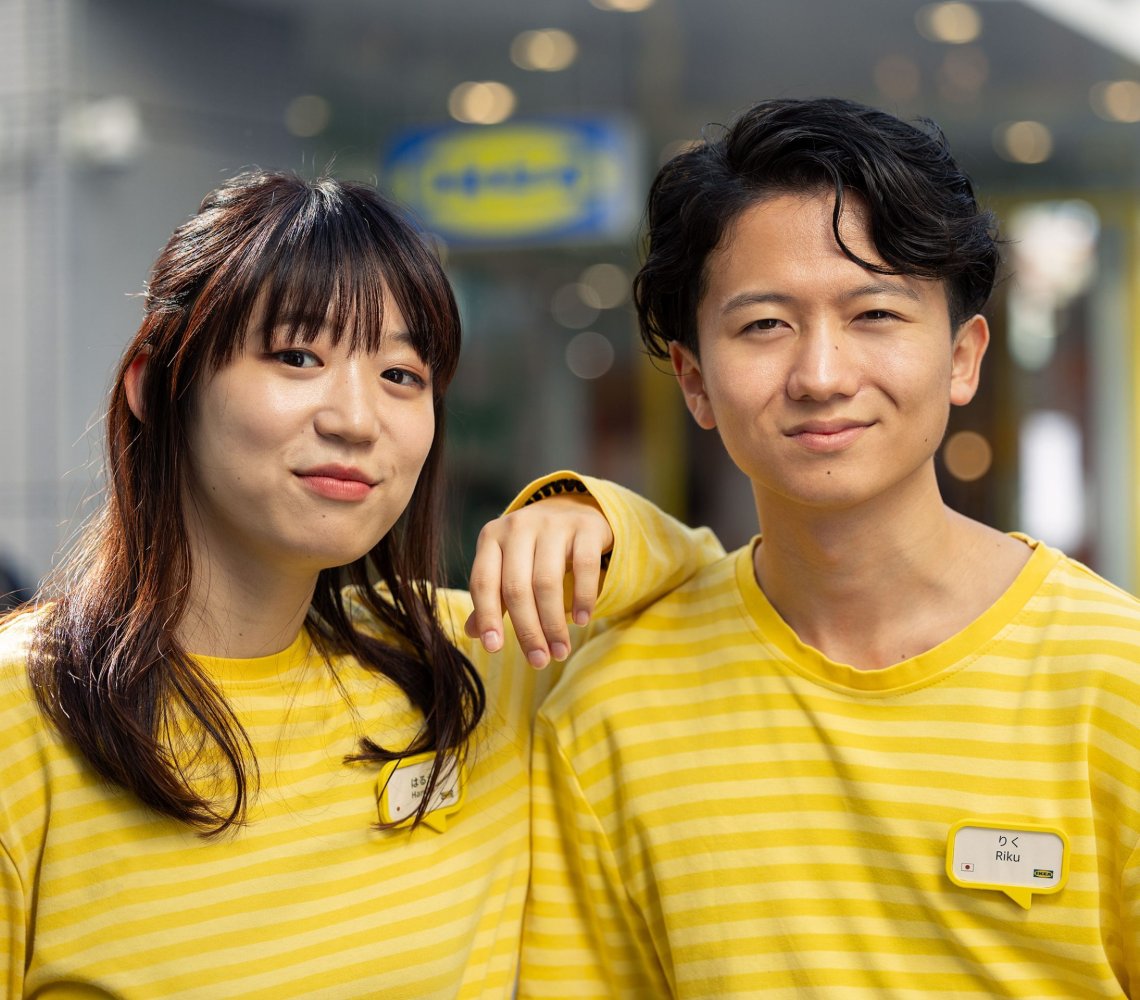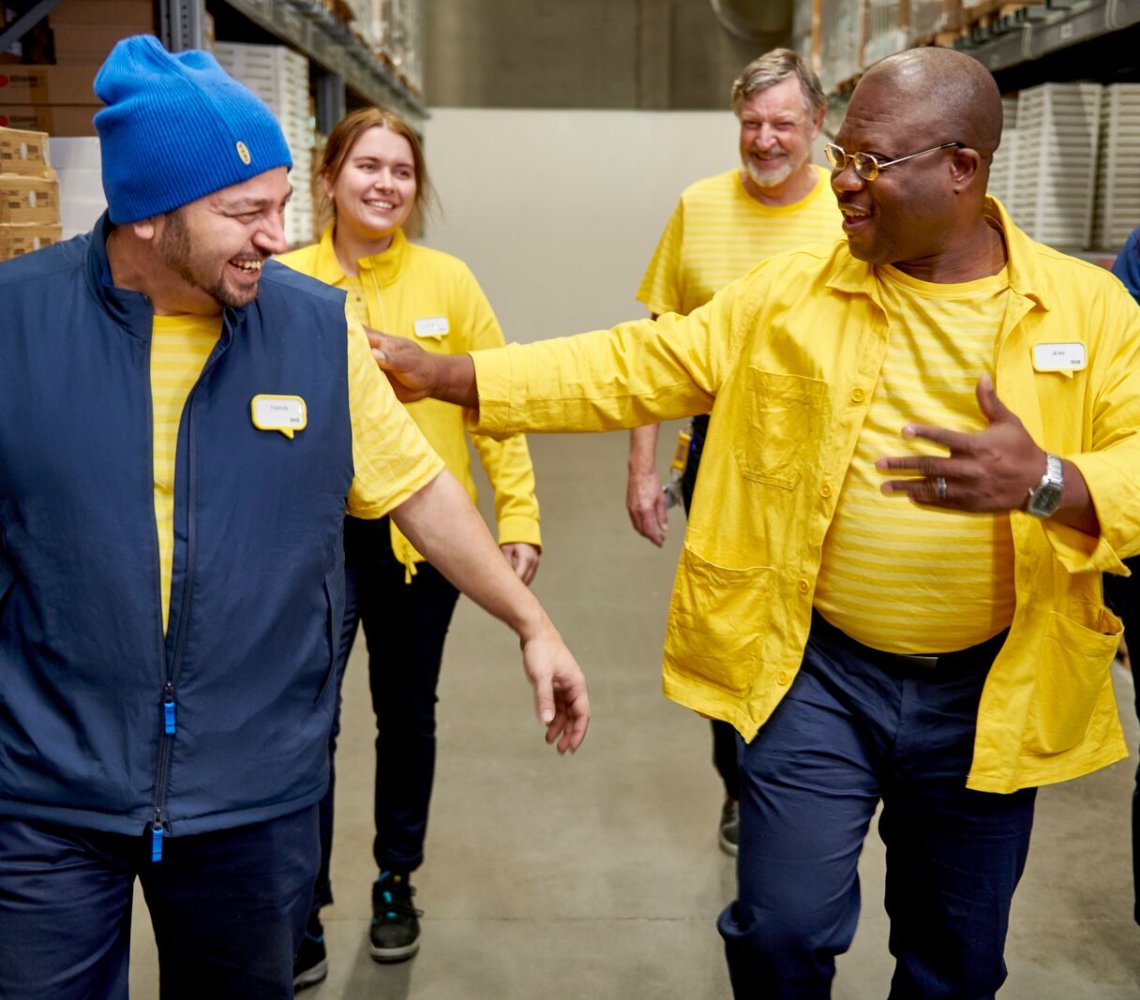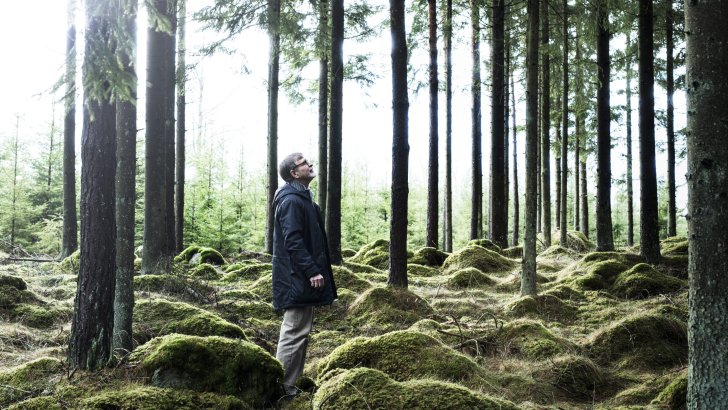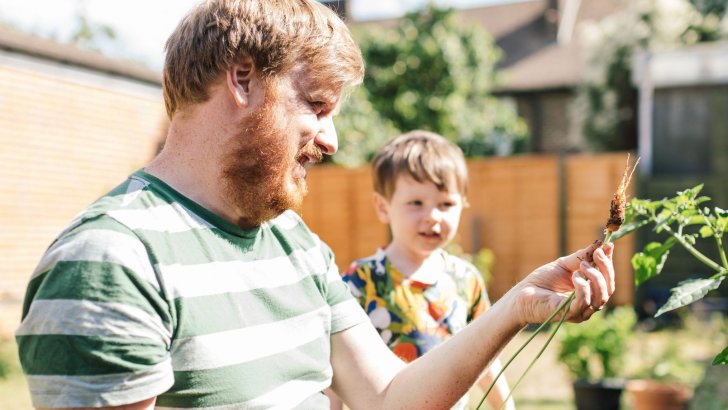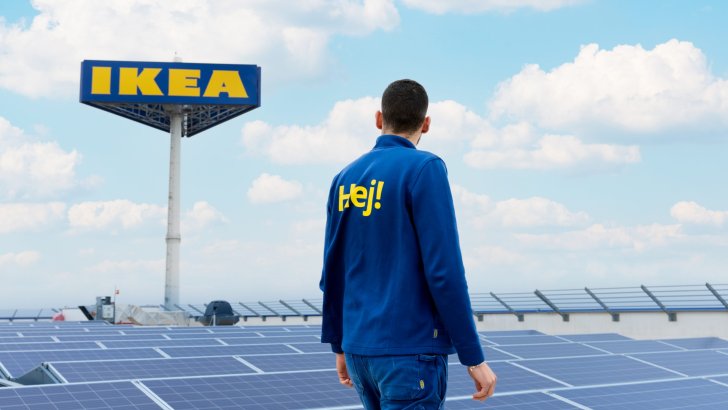The Ingka Group Policy on Human Rights and Equality is the basis of our approach. We are also guided by the IKEA Employment Standards, our Code of Conduct and IWAY – the IKEA supplier code of conduct. We are developing our new Human Rights and Environmental Due Diligence (HREDD) framework to strengthen our approach.
Read more about our policy on human rights
Governance: The Ingka Group Policy on Human Rights is approved by our Management Board and our Human Rights and Social Impact team lead our efforts. We are clarifying our governance bodies and business functions’ responsibilities in implementing our HREDD framework in FY25.
Potential human rights risks
We aim to focus on the most salient human rights impacts – those at risk of the most severe negative impacts. We have identified a range of potential human rights risks for our industry, including modern slavery and forced labour, low wages, undocumented cash wages, excessive hours, unsafe working conditions, and threats to freedom of association rights. We are conducting a human rights risk assessment of our operations and value chain to identify and prioritise our most salient risks, considering risk factors such as sector, geography and commodity. The findings will be used to update or develop mitigation plans for our most salient risks.
Due diligence
The IWAY System is designed to ensure that sustainability impacts, including human rights risks, are identified before supply agreements are entered into and then continuously identified, monitored, and managed over time. As part of the selection process, potential suppliers undergo a risk assessment which covers human rights aspects such as workplace health and safety, wages and working hours. Other human rights risks are picked up via the Ingka Group risk management process.
Remediation
We take seriously our responsibility to remediate any negative human rights impacts on people, society and the environment that we cause or contribute to. Our approach to remediation, including which impacts we prioritise for remediation, depends on how we are connected to the impact and its nature and severity. If cases arise within our supply chain that are indirectly connected to us, we work with the supplier to support access to remediation, external experts or independent partners where necessary. Working with Inter IKEA, we are creating remediation principles that align with the UN Guiding Principles on Business and Human Rights and Organisation for Economic Co-operation and Development (OECD) Guidelines.
Grievance mechanisms
Co-workers who have any human rights concerns can raise them through our internal grievance mechanism, Trustline. In the EU, we are also making Trust line available to people who have a working relationship with Ingka, such as contractors, suppliers and volunteers. In addition, we request all our suppliers, via IWAY, to put a grievance mechanism in place that is known to their workers and enables workers to raise complaints or concerns without fear of retaliation.
Supporting children’s rights
We aim to support, protect and empower the children and families that come into contact with our business through our products, stores, marketing and supply chain. Our children’s rights commitment is set out in our Policy on Human Rights and Equality and we have detailed principles for child participation and safeguarding. Our approach is based on the Children’s Rights and Business Principles developed by Save the Children, the UN Global Compact and UNICEF. Learn more about how we are supporting children’s rights.
